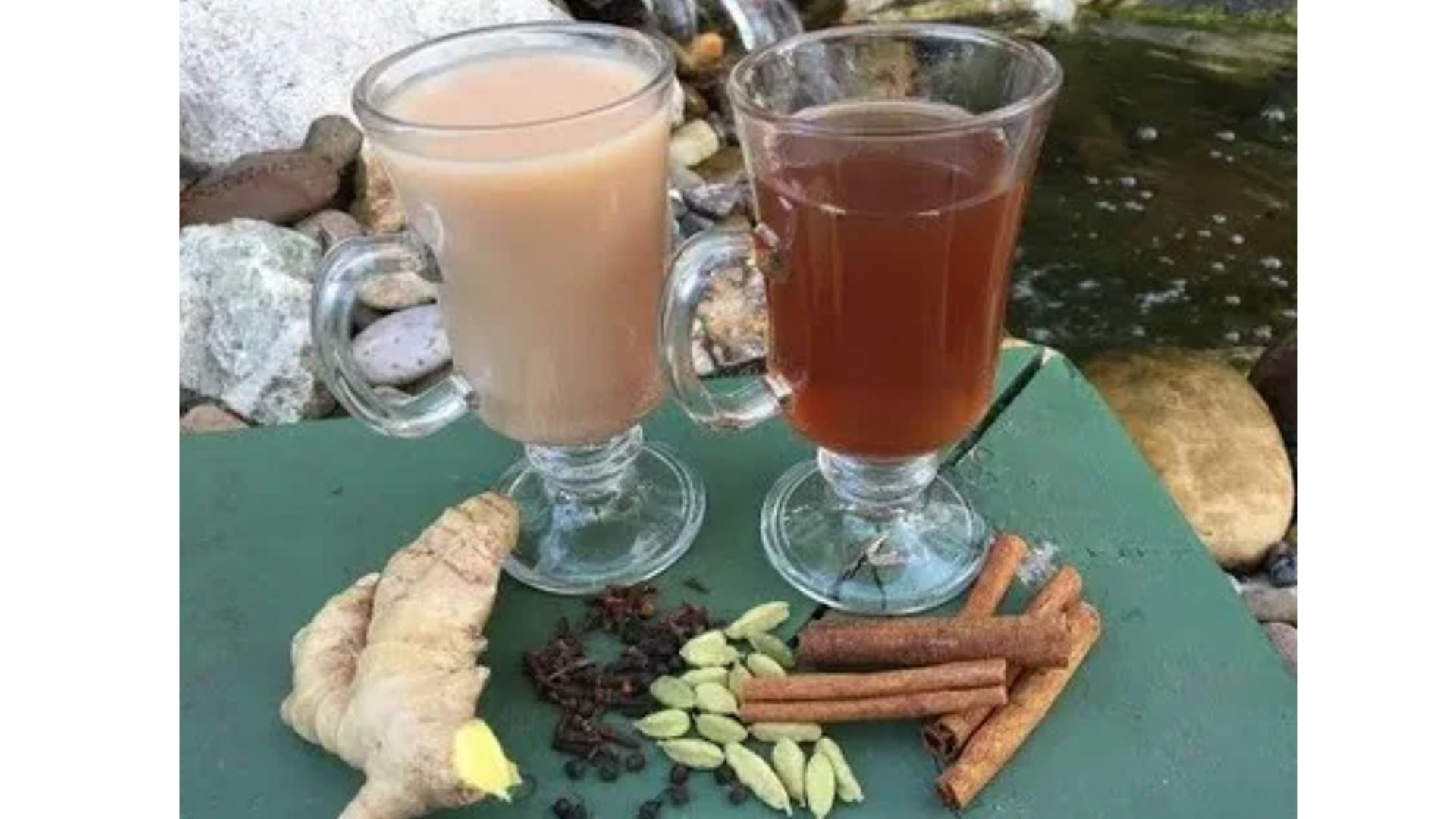If you’re seeking a gentle, soothing beverage to include in your day, consider how a cup of caffeine free herbal tea can serve you. The brand Tea of Life Apothecary offers blends that make it simple to incorporate this kind of tea into your daily routine, whether you choose it in the morning, midday, or evening.
Understanding what caffeine free herbal tea means
Natural differences from typical tea
Unlike traditional tea made from the Camellia sinensis plant (black, green, oolong), many herbal teas are crafted from herbs, roots, flowers or fruits plants that naturally contain no caffeine.
Why caffeine free matters?
When a tea is truly caffeine free, you avoid the stimulation, jitters, or sleep disruption that caffeine can bring. Some studies note that herbal infusions are “caffeine-free (or very low)” compared with regular teas.
How Tea of Life Apothecary addresses it?
At Tea of Life Apothecary, the emphasis is on high-quality botanicals chosen for their natural properties, so you get a clean infusion without unintended caffeine surges or crashes.
Typical ingredients to expect
You’ll often find chamomile, peppermint, ginger, rooibos, hibiscus, lemongrass and the like: each brings its flavour profile and wellness benefits.
What this offers your daily routine?
Because you’re not dealing with a caffeine boost, you can sip these teas throughout the day—from early morning to bedtime without worrying about overstimulation or disturbing your sleep.
Summary of the concept
In short: “caffeine free herbal tea” in this context means a soothing, botanical infusion that supports your wellness routine rather than energising it in a jarring way.
The wellbeing benefits of making it a daily habit
Supports calmer sleep and recovery
One of the key benefits of choosing caffeine free herbal tea is that it supports more restful nights and recovery time. With no caffeine to interfere, your body can settle more naturally.
Gentler on digestion and the stomach
Many herbal blends include ingredients like ginger, peppermint or fennel which are known for digestive soothing. This means the tea can support your gut health in a gentle way.
Antioxidant and anti-inflammatory support
Herbal teas often carry polyphenols, flavonoids and other compounds with antioxidant activity. They may help reduce inflammation and support overall cellular health.
Hydration without the caffeine side-effects
Caffeinated beverages can sometimes act as mild diuretics. By switching to caffeine free herbal tea, you’re choosing hydration that supports rather than undermines your body’s balance.
A mindful wellness ritual
Making a daily cup of caffeine free herbal tea from Tea of Life Apothecary gives you a moment of calm. It becomes more than a drink it becomes a ritual of self-care and wellness.
Adaptable around your schedule
Because the drink has minimal stimulant effect, you can enjoy it morning, afternoon or evening whenever you want a soothing pause rather than a caffeine jolt.
How to choose the right blend for your needs?
Consider the purpose of your brew
Ask yourself: Are you drinking tea to relax before bed? To support digestion after meals? To boost immunity? The answer will guide your blend selection.
Ingredients and transparency matter
Look for fully-listed ingredients, no hidden stimulants, and good sourcing practices. At Tea of Life Apothecary you’ll want blends where you recognise the herbs and know they’re selected for quality.
Taste and aroma preference
Herbal teas vary widely from delicate flowers like chamomile to bold roots like ginger. Choose a flavor and scent you enjoy, because the more you like it, the more consistently you’ll use it.
Brewing technique counts
To get full benefit, use fresh water, steep for the correct time (often 5-7 minutes for herbal blends) and cover your mug if possible this preserves the essential oils and aromas.
Avoid unnecessary additives
Ensure the blend isn’t heavily sweetened or filled with artificial flavors. A clean herbal tea is most effective when it’s minimally processed.
When to drink and how often?
Because it’s caffeine free, you can enjoy it multiple times a day morning as a gentle start, after lunch to aid digestion, and evening to wind down. Notice how your body responds.
Common questions and considerations
Can anyone drink caffeine free herbal tea?
Generally yes but if you’re pregnant, on medication, or have specific health conditions, it’s wise to check with a healthcare provider. Some herbs may interact with medications.
How does herbal tea differ from decaf tea?
Decaf tea is true tea (Camellia sinensis) with caffeine removed; herbal teas have no caffeine naturally because they come from different plants entirely.
Are there any downsides?
If a blend is poorly made (low-quality herbs, added sugars, contaminants) it may offer less benefit. Also, herbal teas may deliver gentler effects, so results like digestion support might be slower.
Conclusion
In summary, choosing caffeine free herbal tea from Tea of Life Apothecary offers a simple yet powerful way to support daily wellbeing. By selecting blends that contain no caffeine, one can enjoy soothing, flavorful moments without the overstimulation typical of many beverages. Over time, this habit can contribute to calmer sleep, gentler digestion, improved hydration, and a mindful routine that honours wellness. With consistent use and attention to how one feels, this daily ritual becomes less about “just drinking tea” and more about nurturing the body, mind and spirit. When embraced as part of one’s lifestyle, the decision to choose caffeine free herbal tea stands out as a thoughtful investment in long term well-being.
Here, you can read more blogs.
